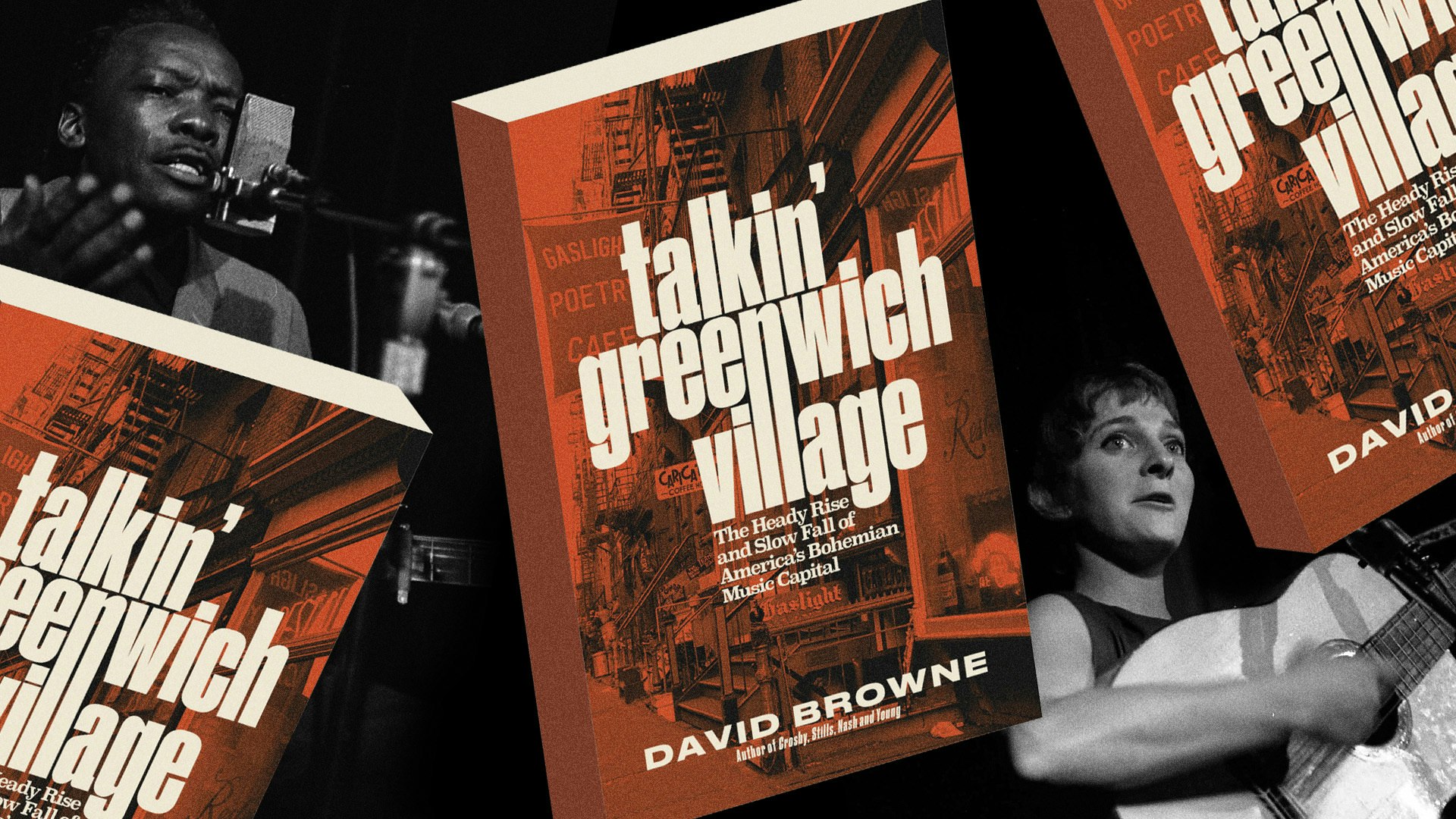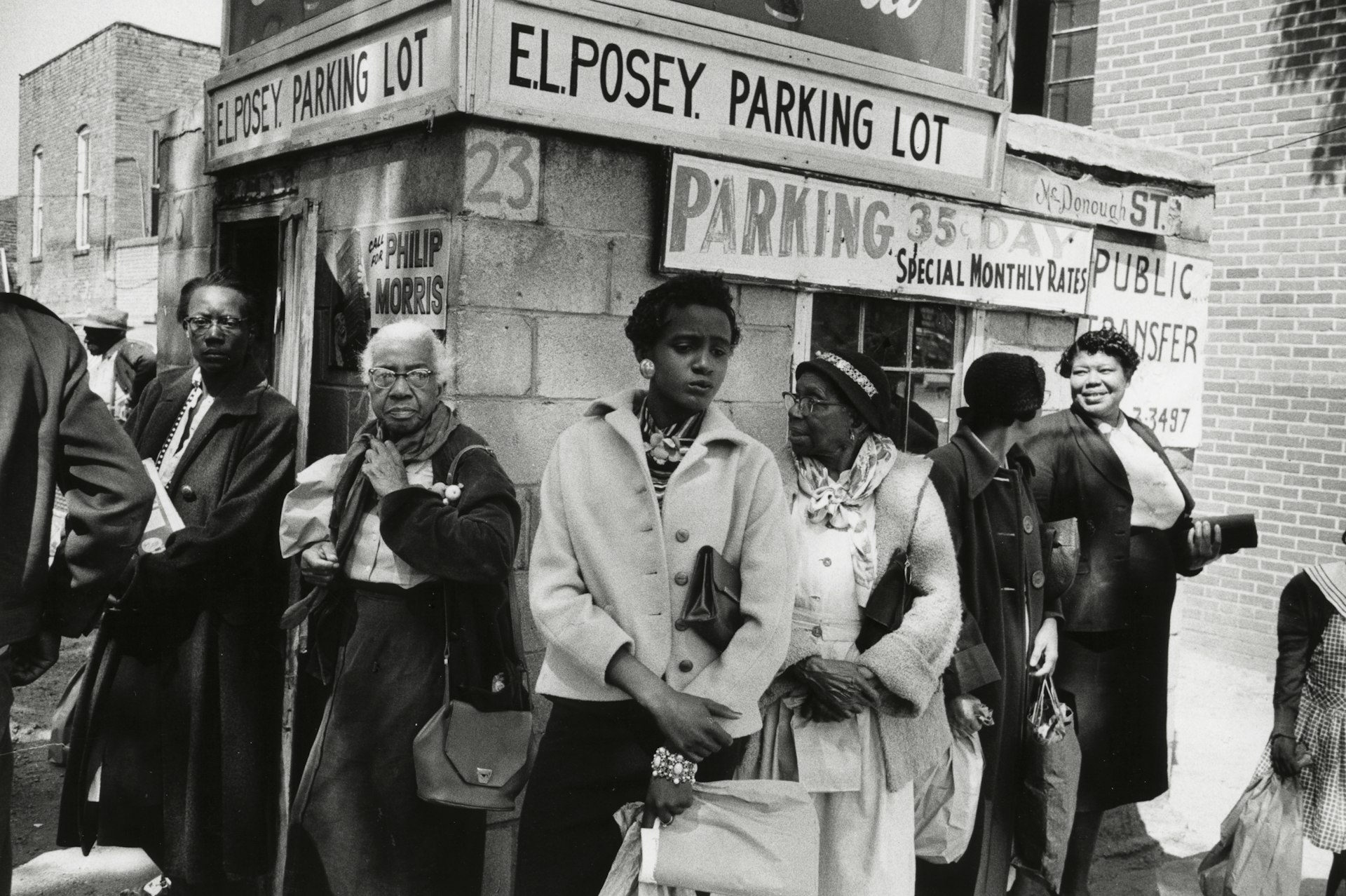Ghais Guevara: “Rap is a pinnacle of our culture”
- Text by Ghais Guevara, Isaac Muk
- Photography by Sam Resitarits

With his newest single and the second track title from his upcoming debut album, Goyard Ibn Said, Ghais Guevara declares with bravado: ‘The Old Guard Is Dead’. A strings-heavy, cinematic sample opens it, before launching into a triplet-led flow over a maximal beat.
“Devil do deeds in the streets of the East / Cops flyin' out, tryna learn how to fleece / Brought to the block with a grit in the teeth,” he raps. It’s bold statement of intent for the rising Philadelphian MC, while the verses also introduce his sharp tongue, juiced-up energy and observational eye.
Broken up into two acts, Goyard Ibn Said is a concept record where Ghais takes on the titular fictional character of the album’s name. The first section sees Ghais caricatures the excesses of hip hop stardom, while its second turns to tragedy as he explores the fallout from the struggle and sacrifices made in order to find success.
Throughout, the album sees the rapper interrogate the world around him and the Black American experience, while offering perspective from his characteristic radical leftist stance. References are made to 20th century revolutionary intellectual J. Sakai alongside node to Dragon Ball Z, while his 2022 mixtape was titled BlackBolshevik, which saw him labelled as the only “rapper doing geopolitical, communist rap” by VICE at the time.
In anticipation of the album and to hear more about his story, we asked him: “What made you want to become a rapper?”

Ghais Guevara: I’m not sure if it's a question of “what made me want to become a rapper”. There’s not a lot of black urban landscapes where the people don’t want to be rappers. Shit, nowadays the whole world wanna be rappers. It’s like asking a member of the church who wants to be the Pope, it’s a pinnacle of our culture, my whole demographic admires rappers. Same with politics. I had to understand politics because in order to succeed, I had to learn how to navigate how I’m viewed as a Black boy and why.
Maybe it’s more so, when did I know this was for me rather than it being an aspirational attainment as it was for everyone else. Even then, that feels like a victim of circumstance more than you’d think. I was great in school, straight A’s and what not, but rebellious. I didn’t “see the point” so I rejected it. I lost interest in academia for the same reason anyone does. It didn’t ‘help me grow as an individual’’, it costs too much, it’s no black people in those spaces and if you’re from a HBCU then your degree gets this social asterisk next to it, as if to say: “He’s a special case.”
Despite that rejection, I was well educated, my parents didn’t play that. My father had a strong “never throw away a book” rule in the home. If I told my mother I was bored the default response was, “Read a book”. Need to know something? Look it up and find out. Not only was it encouraged but it was enforced lol. “30 minutes of reading a day”, was what my pops demanded of my brother and I on the daily. Both of my parents are musically inclined, with my mother even pursuing singing and dancing as a career when she was in school. So all of that would’ve been a part of me regardless. Plus, I was always a showman, I loved sports because of that. At the family gatherings, I was the dancer and if I was bored in class, I was the class clown. I may actually just live for applause. A minute without admiration and I’ll wither up and cease to exist! Essentially, it’s sort of that age old question of knowing what to do with your capabilities without confining yourself to a path that didn’t feel right for you, so you see what I mean by “circumstance’.
I just figured rap is my calling. It’s verbose to the point where you need to be knowledgeable to do it well. Its essence of it all is within confidence and showmanship and I didn’t have to spend thousands of dollars for an AAU spot to learn how to get better at it. So I fell back on it, pushed all my chips in or whatever. Learned enough about making music to actually get tracks recorded and from then on it was universally known that “you could do this”. I didn’t really want anything else, I just had to prove that I was worthy of such a career.
Goyard Ibn Said by Ghais Guevara is out January 24 via Fat Possum.
Buy your copy of Huck 81 here.
Enjoyed this article? Follow Huck on Instagram.
Support stories like this by becoming a member of Club Huck.
Latest on Huck

In the ’60s and ’70s, Greenwich Village was the musical heart of New York
Talkin’ Greenwich Village — Author David Browne’s new book takes readers into the neighbourhood’s creative heyday, where a generation of artists and poets including Bob Dylan, Billie Holliday and Dave Van Ronk cut their teeth.
Written by: Cyna Mirzai

How Labour Activism changed the landscape of post-war USA
American Job — A new exhibition revisits over 70 years of working class solidarity and struggle, its radical legacy, and the central role of photography throughout.
Written by: Miss Rosen

Analogue Appreciation: Emma-Jean Thackray
Weirdo — In an ever more digital, online world, we ask our favourite artists about their most cherished pieces of physical culture. Today, multi-instrumentalist and Brownswood affiliate Emma-Jean Thackray.
Written by: Emma-Jean Thackray

Meet the shop cats of Hong Kong’s Sheung Wan district
Feline good — Traditionally adopted to keep away rats from expensive produce, the feline guardians have become part of the central neighbourhood’s fabric. Erica’s online series captures the local celebrities.
Written by: Isaac Muk

How trans rights activism and sex workers’ solidarity emerged in the ’70s and ’80s
Shoulder to Shoulder — In this extract from writer Jake Hall’s new book, which deep dives into the history of queer activism and coalition, they explore how anti-TERF and anti-SWERF campaigning developed from the same cloth.
Written by: Jake Hall

A behind the scenes look at the atomic wedgie community
Stretched out — Benjamin Fredrickson’s new project and photobook ‘Wedgies’ queers a time-old bullying act by exploring its erotic, extreme potential.
Written by: Isaac Muk